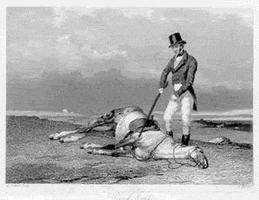I don't think it is bad information. I think it is relevant information. It is information that was actually helpful in determining how long one might need to quarantine for. I don't think anyone said it is definitely 75 days or whatever it is, but it is or at least was the best point of reference. That does not make it a bad source of information.Also I have no issue with any of these people, they are not being paid to help us. But when I see reasoning being used without real evidence based on bad information, I'm going to speak up. A lot of bad aquarium advice out there. Just doing my part to call it out. They have plenty of great advice.
If that's the case pretty much all scientific research, because to always have something that fits perfectly in whatever scenario one is in is very difficult, so there has to be inferences.
Like for example, how long can nitrifiers go when ammonia starved? Well there are plenty of papers that examined this for various nitrifying species, but do we know this applies for certain for all of our aquariums? No, because most of us don't even know what nitrifying species we even have in our aquariums. Does that make all those research on ammonia starvation a bad reference point? No. We understand it might not perfectly apply, but it is still a good point of reference.
Same can potentially be applied to plenty of other situations, like say with corals. There might be a species that we are interested in keeping, and there might be some papers into how they respond to say lighting or flow or whatever, but is not fully in line with our aquarium situations. Again, are they bad sources of references? No, because they are still in some way informative.
If it is able to contribute in some form to informing a decision, then to me that is not a bad source. It is real evidence, real information, and the inference makes sense.



















